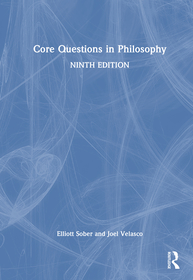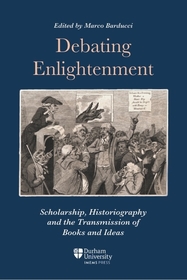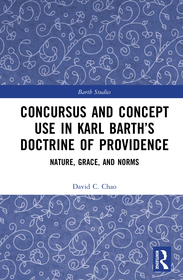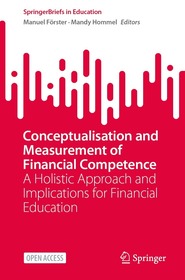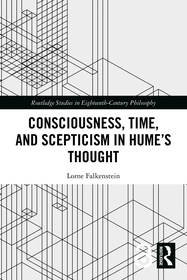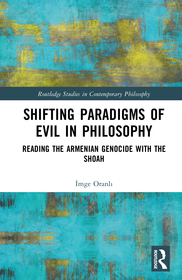
Shifting Paradigms of Evil in Philosophy
Reading the Armenian Genocide with the Shoah
Series: Routledge Studies in Contemporary Philosophy;
- Publisher's listprice GBP 145.00
-
69 273 Ft (65 975 Ft + 5% VAT)
The price is estimated because at the time of ordering we do not know what conversion rates will apply to HUF / product currency when the book arrives. In case HUF is weaker, the price increases slightly, in case HUF is stronger, the price goes lower slightly.
- Discount 10% (cc. 6 927 Ft off)
- Discounted price 62 346 Ft (59 378 Ft + 5% VAT)
Subcribe now and take benefit of a favourable price.
Subscribe
69 273 Ft

Availability
Estimated delivery time: In stock at the publisher, but not at Prospero's office. Delivery time approx. 3-5 weeks.
Not in stock at Prospero.
Why don't you give exact delivery time?
Delivery time is estimated on our previous experiences. We give estimations only, because we order from outside Hungary, and the delivery time mainly depends on how quickly the publisher supplies the book. Faster or slower deliveries both happen, but we do our best to supply as quickly as possible.
Product details:
- Edition number 1
- Publisher Routledge
- Date of Publication 28 September 2025
- ISBN 9781041052692
- Binding Hardback
- No. of pages182 pages
- Size 229x152 mm
- Weight 500 g
- Language English 699
Categories
Short description:
This book develops an interdisciplinary framework rooted in philosophy for addressing political evils experienced around the world. Drawing on resources from Continental philosophy and historical studies, it argues for the relationality and continuity between political evils, using the Armenian Genocide and the Shoah as examples.
More
Long description:
This book develops an interdisciplinary framework rooted in philosophy for addressing the political evils experienced around the world. Drawing on resources mainly from philosophy and historical studies, it argues for the relationality and continuity between political evils, using the Armenian Genocide and the Shoah as main examples.
The book begins by unpacking a series of limiting assumptions that define the philosophical study of evil. These assumptions crystallize in the idea that evil is an inscrutable phenomenon, what the author calls the paradigm of evil’s inscrutability. Tracing this paradigm through the legacies of five key philosophers—Plato, Augustine, Kant, Arendt, and Levinas—the author shows that by the time we arrive at 20th century, the framing of political evils like the Shoah as inscrutable and exceptional is profoundly constraining; it erases Shaoh's continuity and connection with other atrocities, including the 1915 Armenian Genocide. The book next turns to practices and ideologies that connect the Armenian Genocide to the Shoah to propose an alternative paradigm for thinking about evil: a paradigm of the continuity of evils. Offering this paradigm to readers in philosophy and adjacent disciplines, the author explores the relationality between the Armenian Genocide and the Shoah, but also between Turkish genocide denialism and a contemporary case of racist evildoing against Armenians in Turkey, shifting the discussion of political evil in a direction that aims to turn overlooked evils around the world into objects of philosophical thinking.
Shifting Paradigms of Evil in Philosophy will appeal to researchers and graduate students working in Continental philosophy, social and political philosophy, history of philosophy, ethics, political theory, genocide studies, and Holocaust studies.
MoreTable of Contents:
Introduction 1. The Origins of Evil’s Inscrutability: Plato, Augustine, and Kant 2. Inscrutable Evil in Continental Philosophy: Arendt and Levinas 3. Continuity of Evils: The Armenian Genocide and the Shoah 4. An Alternative Reading of Banality of Evil: The Armenian Genocide and Dr. Mehmed Reshid 5. The Non-Recognition of an Atrocity and The Evils of Turkish Genocide Denialism Conclusion
More



